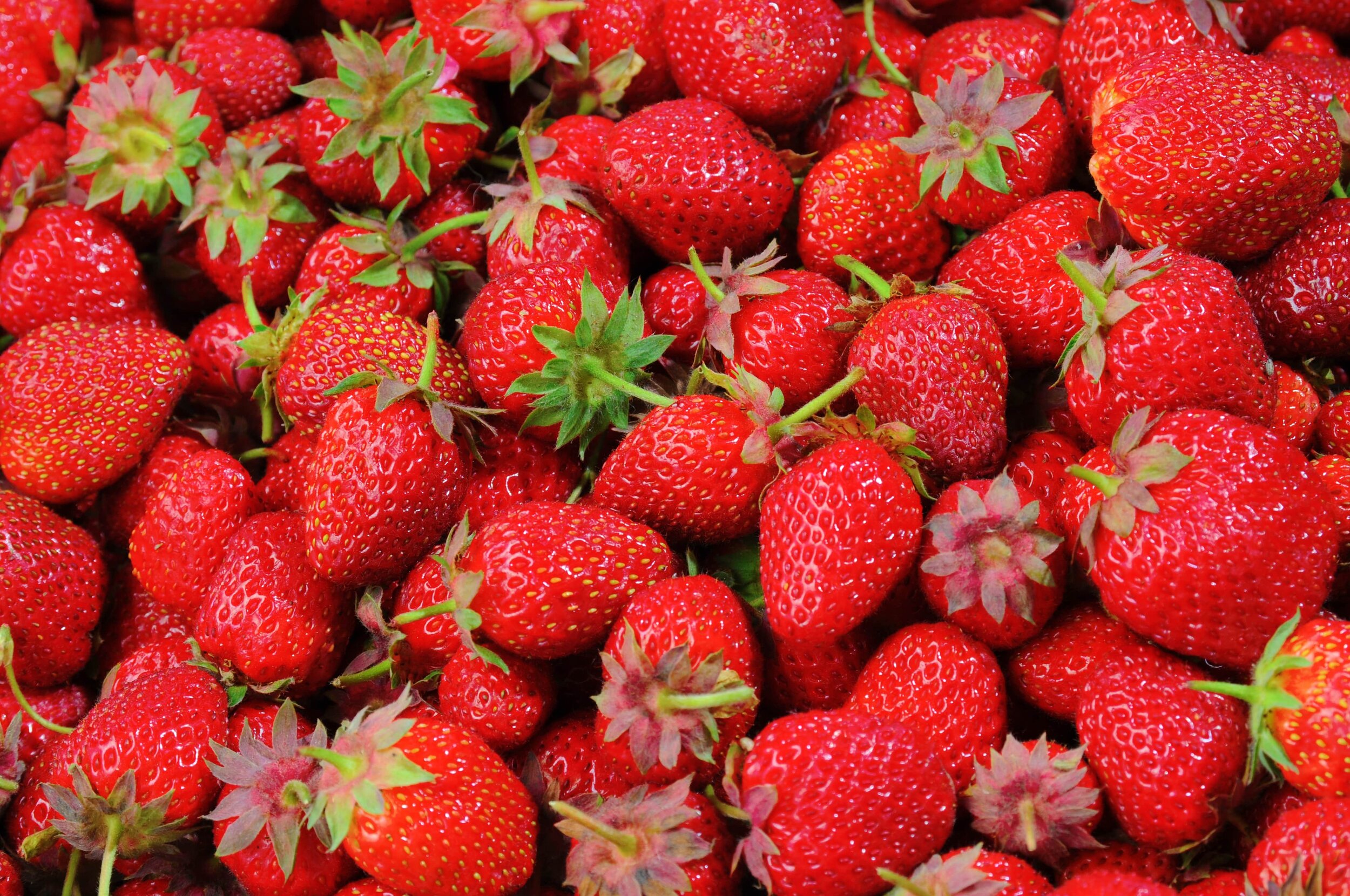Snacking and Hot Yoga
Thinking about what to snack on before or after class? We've all been there. It can be especially tough planning our pre and post workout meals because after spending about an hour or so exercising, our intention is to eat something moderately healthy yet satiating and delicious.
Pre-Exercise:
Choosing what to eat before class is dependent on a few factors:
- How long is class? 30 minutes? 60 minutes? 75 minutes?
- When are we exercising? (Early morning? Early evening?)
- Is this the only activity we're doing today? (Or are we planning on going for a run after work? Etc.)
Typically when we're exercising an hour or less, we can get away with eating a small snack beforehand (a fruit, juice) or nothing. If the workout is longer than an hour, then we should be eating something.
Working out in a fasted state does have some benefits. It can help the body better use its energy, it can burn fat and deposit protein into muscle more so than if we ate before the workout. It can also increase insulin sensitivity, meaning that the food we are eating post-exercise is converted into energy quicker (rather than being stored as fat).
The main nutrient we want to be eating are carbohydrates. While carbs often get a bad rap, especially because they can be so highly processed, they are the body's main source of glucose (biggest source of energy). Carbohydrates are used as short-term fuel sources, and need to be replenished daily. They can come in a few forms like sugar, fibre, and starch. Healthy sources of carbs include fruit, vegetables, nuts, seeds and whole grains. Unhealthy sources of carbs (aka. sometimes foods) include white bread, pastries, pop, and other refined and processed foods.
Post-exercise:
Research recommends that after exercise, we should be replenishing our carb stores immediately up until about 4 hours after class with about 1g of carb x our body weight in kilograms. For example, if someone is 50 kilograms, they should eat 50g of carbs after their workout. For individuals who are exercising 3-5 hours per week, they should be consuming about 4-5g of carbs for 1kg of bodyweight throughout the day.
Protein - one of the other main nutrients - is required post exercise because it promotes muscle growth and supports the immune system. Protein is made up of amino acids, to which there are 9 essential amino acids that are needed from our diet. Individuals who eat animal protein (meat and eggs) easily obtain all 9 essential amino acids, whereas vegetarians and vegans need to eat a combination of protein to ensure they get all the essentials.
When we're planning our meals after our workout, we want a ratio of about 3:1 carb to protein because it can improve our endurance, reduces muscle damage, and increases our fuel stores.
Other Considerations:
In our daily lives, it's quite easy to feel stressed and thus reach for fast foods high in sugar and fats. These foods can cause our insulin levels to rise - which also lead to a rise in our stress hormone (cortisol). The glands responsible for cortisol production are the adrenal glands, tiny glands which sit atop the kidneys. If we are constantly eating processed and refined foods, this causes strain on our adrenal glands and can lead to symptoms such as adrenal fatigue, irritability, weight gain, sleep disturbances, and more.
Part 1: Hydration and Hot Yoga
Part 3: Muscles and Hot Yoga
Part 4: Detoxification and Hot Yoga
References:
Jeukendrup A. (2010) Sports Nutrition from Lab to kitchen. Meyer and Meyer Sport, UK
Kerksick C. (2008) International Society of Sports Nutrition position stand: Nutrient Timing (Journal of the International Society of Sports Nutrition)
Van Proeyen K. (2010) Training in the fasted state improves glucose tolerance during fat-rich diet (Journal of Physiology)

